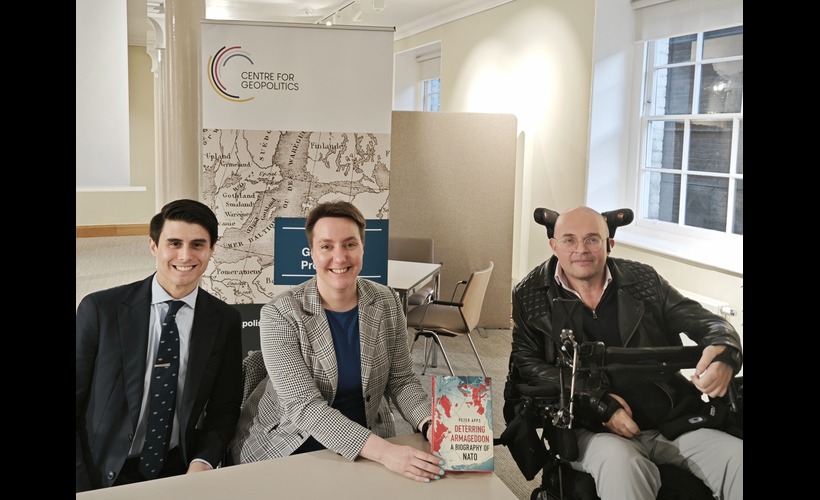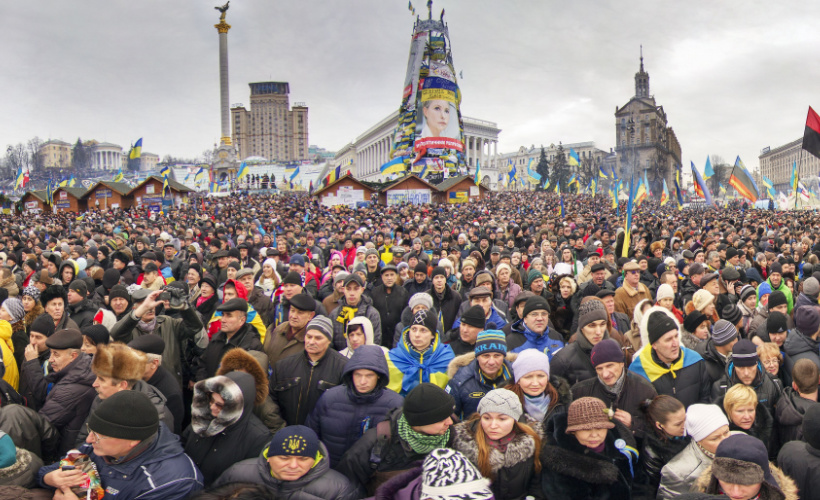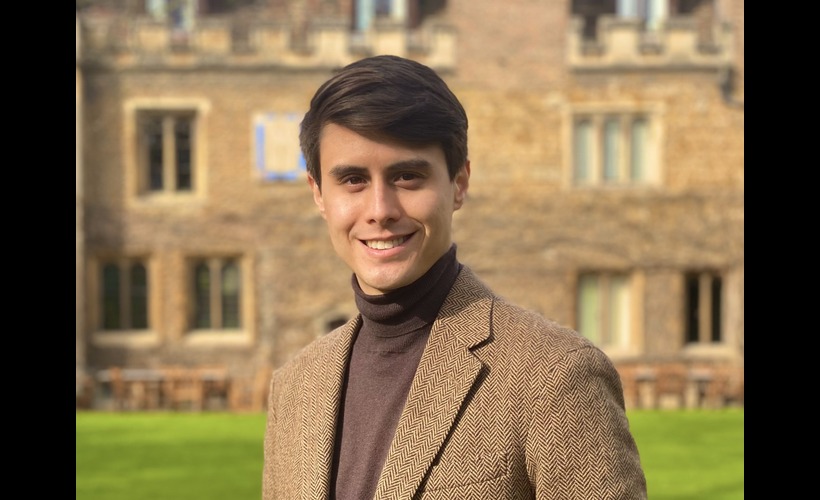By the Rt Hon Charles Clarke, Joint Leader of the Baltic Geopolitics Programme
An important element of the Baltic Geopolitics Programme is our network of international relationships with the universities in countries around the Baltic Sea and internationally.
In the last few months, we have undertaken a number of activities which benefit from those relationships and spread the message of our programme more widely. We believe that these activities strengthen our ability to contribute to thinking in our field.
On May 1-4 we visited Helsinki and then Tallinn, holding events in both cities. In Helsinki, we held a seminar with leading Finnish historians about the historic relationship between the UK and Finland. This was kindly hosted by Theresa Bubbear, the UK ambassador in Helsinki and Nicola Clase, the Swedish Ambassador in Helsinki who is a member of our Advisory Board. The seminar was very successful and we followed this later the same day with a reception for Cambridge alumni in Finland to try and seek support for what we are doing.
After an enjoyable ferry journey from Helsinki to Tallinn the next morning we had an event in the Foresight Centre of the Riigikogu, the Estonian parliament. This addressed the UK’s relationship with this part of the Baltic, the importance of the Baltic Geopolitics Programme, and the way in which we are trying to develop these international links. We felt that these two sets of activities were very successful, developed relationships with a range of people who are considering supporting the programme and have engaged a good deal of interest. They were experimental in nature, given the relative youth of our programme, and from our point of view, the experiment succeeded.
On May 26–29 Dr Donatas Kupciunas represented the Programme at the 28th Association for the Advancement of Baltic Studies Conference ‘Baltic Studies at a Crossroads’, which took place at the University of Washington, in Seattle. This was the re-opening of the biggest biennial conference on Baltic studies in the world after 4 years of Covid hiatus. The four-day program was held at the University of Washington campus and brought together some 500 researchers from all over the globe. It featured panels, roundtable discussions, plenary sessions and workshops in a broad range of academic disciplines, showcasing the latest cutting-edge Baltic research and highlighting connections to local diaspora and the tech industry in the Pacific Northwest. The conference also included keynote talks by leading Baltic scholars, film screenings, exhibit openings and tours of the University of Washington’s Baltic collections. Donatas gave the paper ‘How Memel (Klaipėda) almost became another free city: Allied designs before the Lithuanian coup de force, 1918-1923‘.
On July 7 -9 Donatas represented the programme and participated in the conference ‘Baltic Sea in Exchange. Transformations between Conflict and Cooperation’. The two-day conference, organised by the Interdisciplinary Centre for Baltic Sea Region Research (IFZO) at Greifswald University (one of the members of our network), brought together 40 researchers with diverse academic and expert backgrounds. Donatas opened the conference with a paper ‘German-Lithuanian relations 1915-1933: between conflict and cooperation’. The paper was followed by a lively discussion on the role of Germany in European security architecture.
Our next experiment was our first summer school which was hosted in July by Vilnius University. 41 Cambridge students applied to join the summer school coming from a wide range of different faculties and different levels of academic study. From these, we selected 17 participants (a difficult task!) and the four-day summer school was a big success. The summer school discussed a wide range of UK Lithuanian relationships, notably following the establishment of Lithuanian independence after the end of the First World War. There was a very interesting seminar with the current Lithuanian Minister of Defence about current geopolitical challenges and a very warm reception, organised by the British embassy in Lithuania. Again we felt that this summer school experiment was a big success and we will certainly be repeating it. The feedback we had from our participants was invariably excellent and they all seem to feel that the event had been a highlight of the academic year and of course had helped to develop the interest in the Baltic which we think is so essential if we are to develop an academic pipeline of students and academics studying Baltic geopolitical issues.
These events form a model for the kinds of activity which we intend to continue carrying out around the Baltic Sea.






